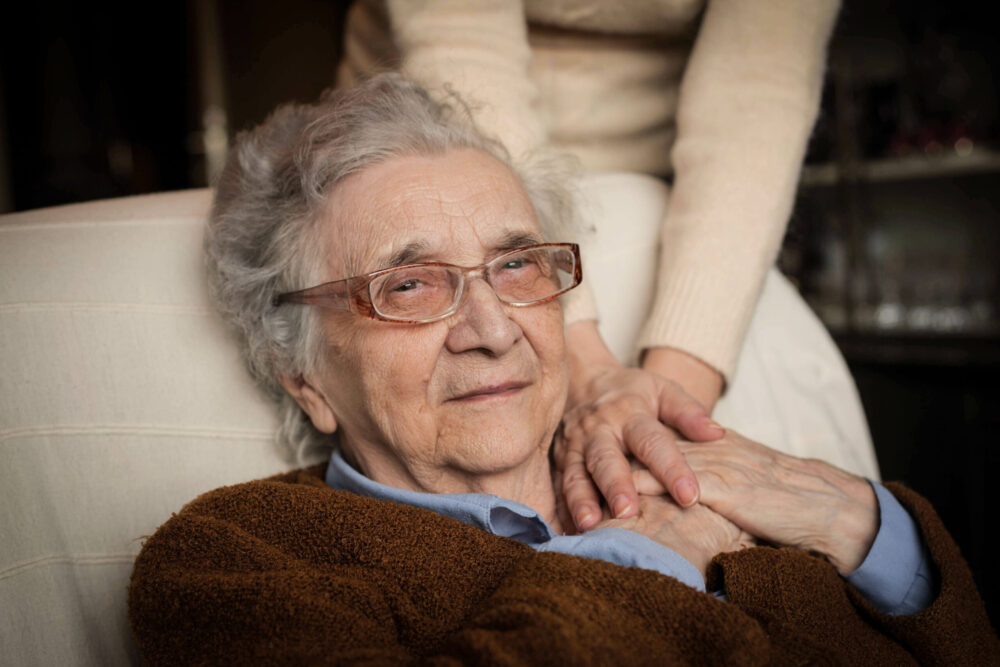
What is Anticipatory Grief?
Published
May 17, 2023Grief is often seen as something that we feel after a loss has taken place. However, there are many different types of grief that can occur at any time. Sometimes, grief can begin before a loss has even occurred. This is called anticipatory grief.
Anticipatory grief can be common in both terminally ill patients preparing for end-of-life and loved ones who will soon be experiencing the death of someone close to them. This type of grief can be just as painful as the grief that occurs after someone has passed.
Anticipatory Grief Can Also Be Experienced at the Same Time as Other Kinds of Grief.
- Ambiguous loss. Some forms of grief and loss do not provide a clear resolution. This may cause grief over a loved one’s death to impact us more profoundly and lead to feelings of anger, regret or misunderstanding.
- Traumatic grief. Losing someone suddenly or not being present at the time of their death may result in feelings of helplessness or guilt. We can find ourselves yearning for our loved one’s presence.
Can Anticipatory Grief Be Beneficial?
Anticipatory grief, although difficult and uncomfortable, can still be beneficial to experience. It can provide opportunities for discussion and action on end-of-life tasks. It can also enable you to grieve incrementally along the way and prepare for changes ahead of time. You may find there are opportunities for closure and forgiveness due to your anticipatory grief. It is important to recognize that it is a normal part of the grieving process.
Anticipatory Grief Symptoms:
- Sadness
- Fear
- Anger
- Loneliness
- Anxiety
- Guilt
- Preoccupation or rehearsal of the death
Ways to Cope With Anticipatory Grief
- Find support. It is important to allow yourself to feel pain and grief, be patient with yourself and be open to accepting help. You can expect the intensity of your grief to vary throughout the anticipatory grief process. Speaking with people in your support system is a good way to cope with your feelings.
- Spend time with your loved ones. You may want to remember your situation as it was before the illness. However, spending time with your loved ones is important. You can choose a few activities to do together, such as reading a favorite book out loud, sharing old photos or listening to favorite music. It may be helpful to make videos or write letters which can be watched or read when you’re not together.
- Take care of yourself. Be sure to find activities that nurture your own self-care such as meditation, art therapy or journaling. There are several ways to cope with anticipatory grief and every individual can experience grief differently.
When to Seek Help With Grief
You should not underestimate how your grief affects you. It may be time to seek help if you find that grief is interfering with your ability to take care of yourself or process your emotions. Grief support is available from hospice bereavement services, professional counselors, funeral homes, hospitals, faith communities, online resources and more.
St. Croix Hospice provides bereavement support as you navigate your own personal grief journey and can help find other available resources in your community. Contact us 24/7 at 855-278-2764.

